A couple of years ago I wrote an article professing the Nikon 16-35mm f/4 lens as the best landscape lens money can buy, both from a value and quality standpoint. Today I simply want to reaffirm my opinion that the 16-35mm lens has yet to be dethroned. This lens has it all; versatility, rugged good looks, a funny personality, and doesn’t order the most expensive item off the menu… Wait, I mean it’s rugged and doesn’t cost a fortune compared to other full frame lenses out there. Really, I think this is a good time to discuss why photographers should spend the lion share of their equipment funds on good quality lenses as opposed to camera bodies.
Lenses really don’t always get a fair shake when compared to the consideration that goes into a camera body. Sometimes our approach to lens selection is comparable to going car shopping and focusing on the tires rather than the engine (crazy, I know). The engine lasts longer, is less likely to fall apart on you, and carries its value much better in relation to the tires. The same thing goes for camera lenses… There are plenty of examples of lenses retaining their value or even increasing in value over their lifetime while a camera quickly drops in value until it is nothing more than a neat looking paperweight or bookend (obviously there are exceptions to every rule). My Nikon 16-35mm f/4 has lovingly affixed itself to 4 different Nikon bodies over the past 3 years and will likely see many more in the future.
There are plenty of article out there about the importance of the lens in relation to your camera. For instance, you probably know that you could have the most capable camera in the world but if your lens is crap your images may be too. Really, the lens is the key to unlocking your cameras potential… Not even its hidden potential but the advertised potential that probably pushed you to buy it. For instance, did you know that high megapixel cameras like the Nikon D850, Sony A7RII, and whatever new camera that probably got released as I typed this paragraph require the highest quality lens to take advantage of all their advertised megapixels. In fact, if you’ve got a cheap lens on either of the cameras mentioned above you’d actually be better off using a lower megapixel camera for a couple of reasons… First, lower quality optics can’t resolve the detail that the expensive cameras sensor can record.* Second, the more detail a camera can record the more likely you’ll be able to see the imperfections of said budget lens.
* “If you stick a horrible lens onto a high-megapixel camera, your photographs may pop out with a large megapixel “size”, but the sharpness of the photo may be equivalent to the sharpness of a photo taken with a much smaller sensor and a “perfect” lens.” Petapixel
Sure, you can pick up some great vintage lenses for a small amount of dollars but those are the exception not the rule.
Affordability
I feel compelled to explain that you can certainly be a great, even professional, photographer with cheap lenses as well. This article is simply stating that if you want to get the best quality images you should probably focus on what glass you are putting in front of your sensor. With that being said, I started my business with a Olympus Pen camera and crappy little Olympus lens. I didn’t upgrade my gear until I was able to make enough money with that setup to take the next step forward in regards to gear. Rinse, wash, repeat.
Thanks for reading! Please feel free to leave your thoughts in the comments section below and follow me on Instagram @PhotolisticLife to follow what I’m working on before it hits the website.

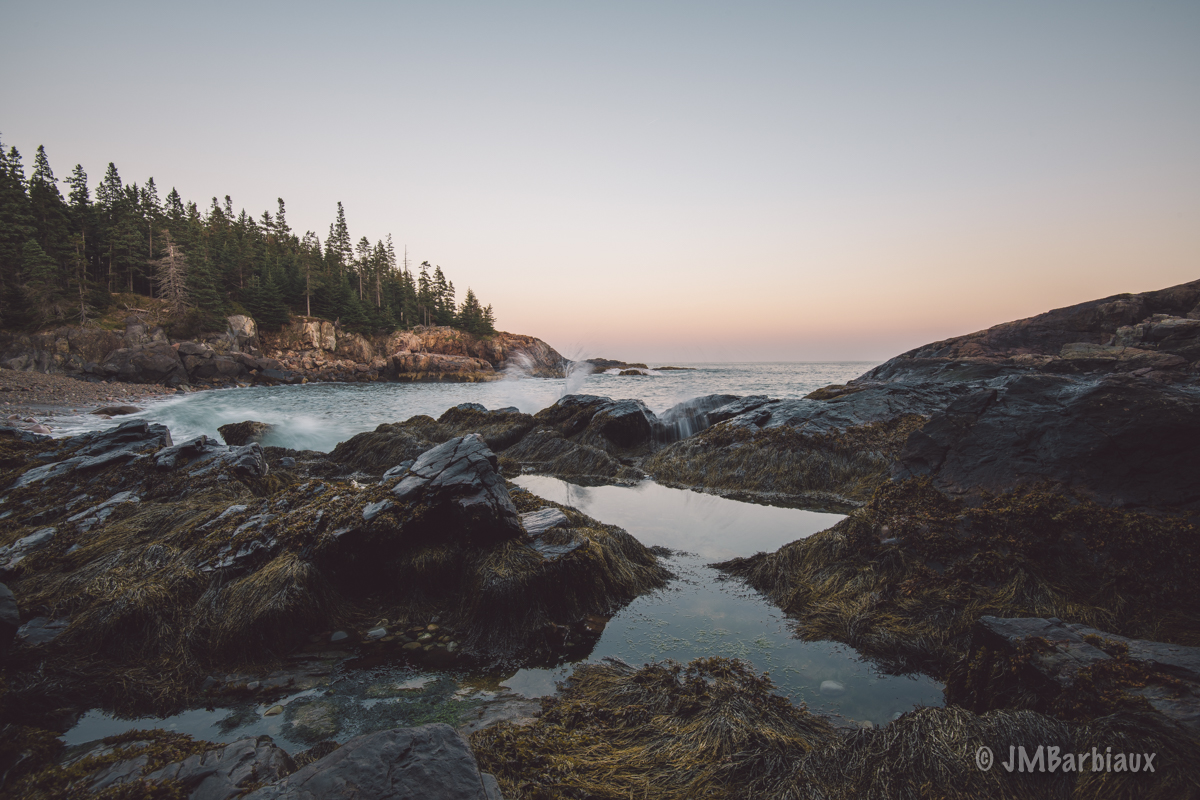
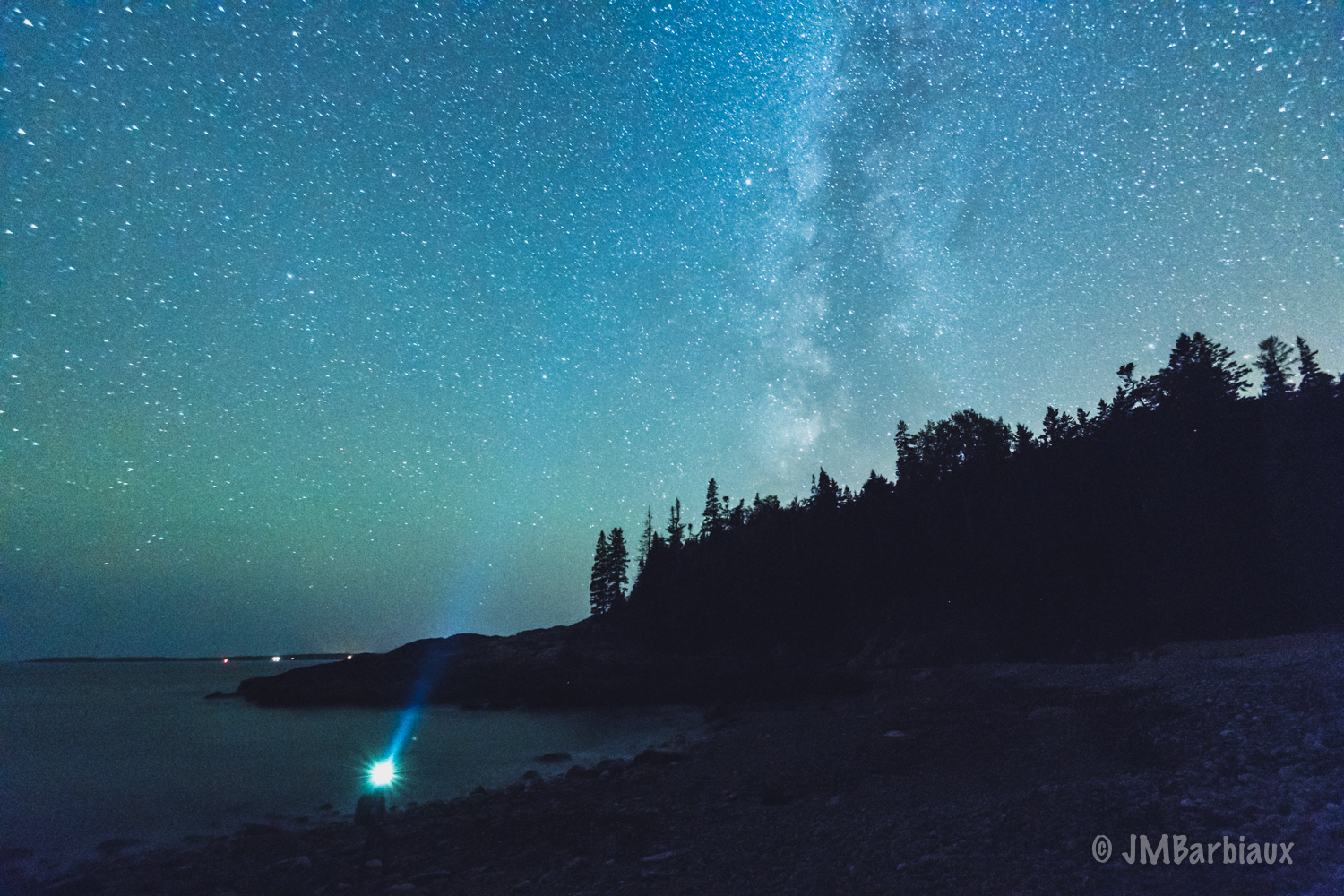
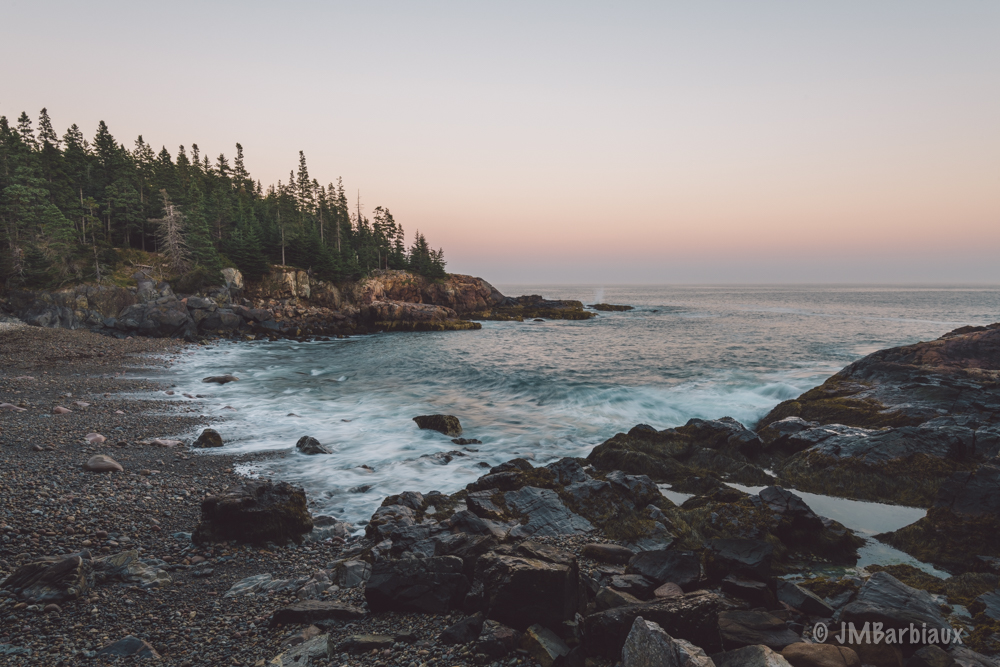
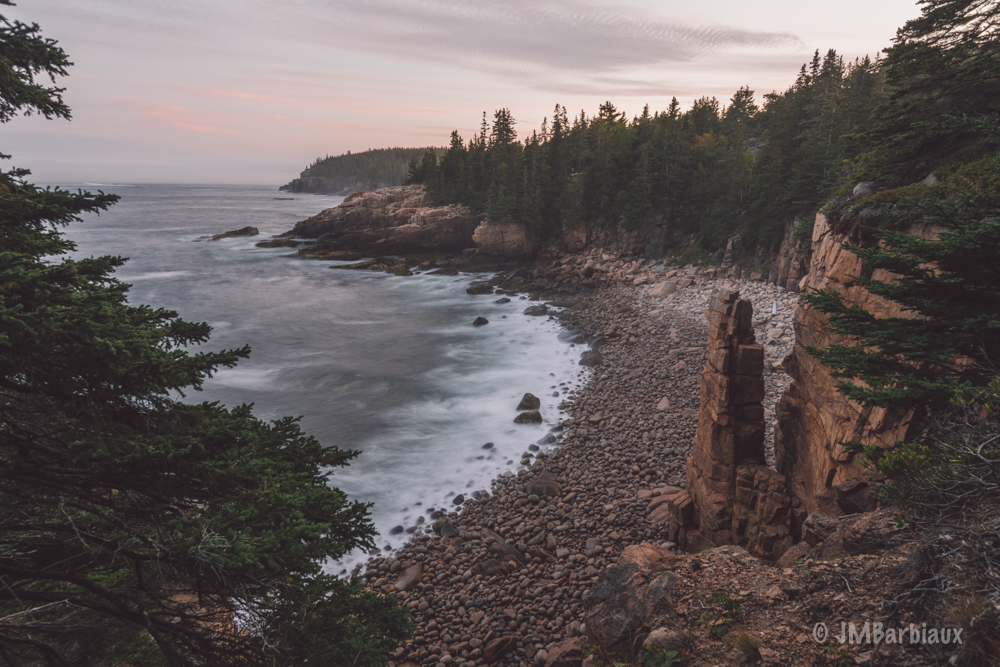
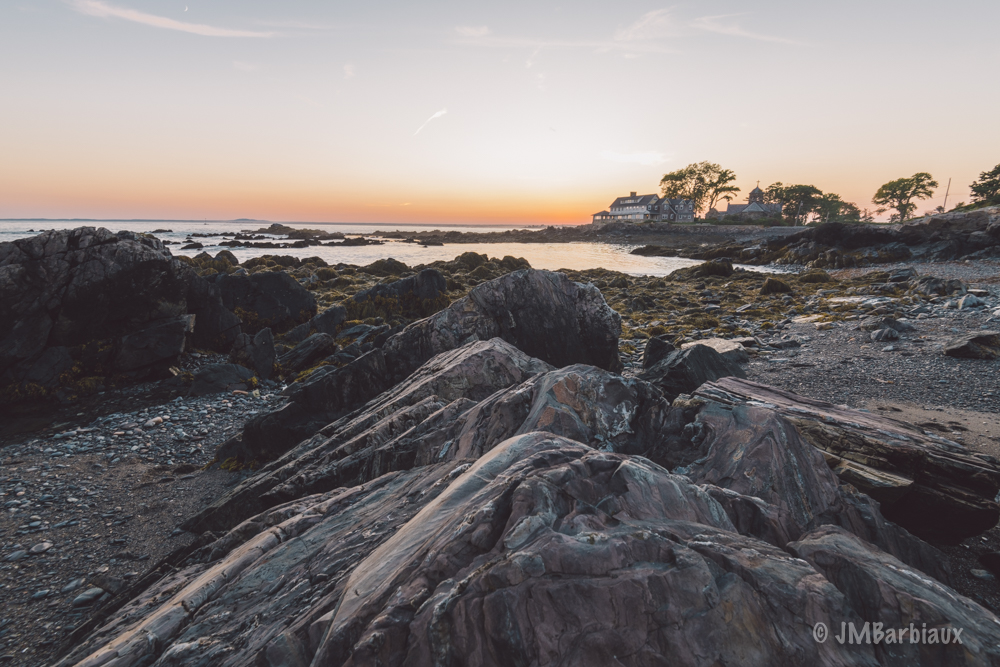
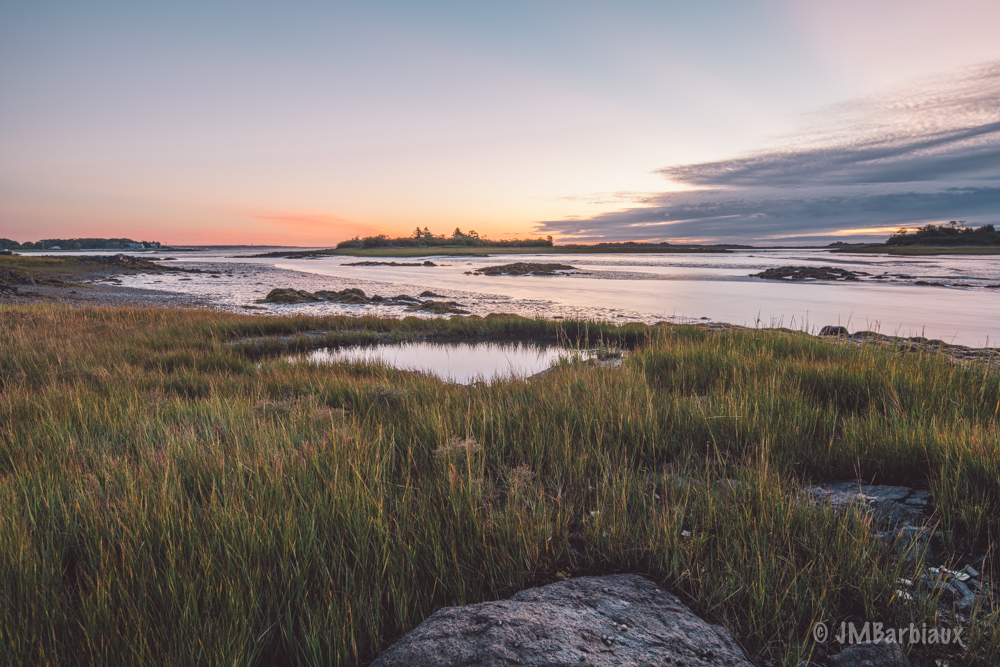
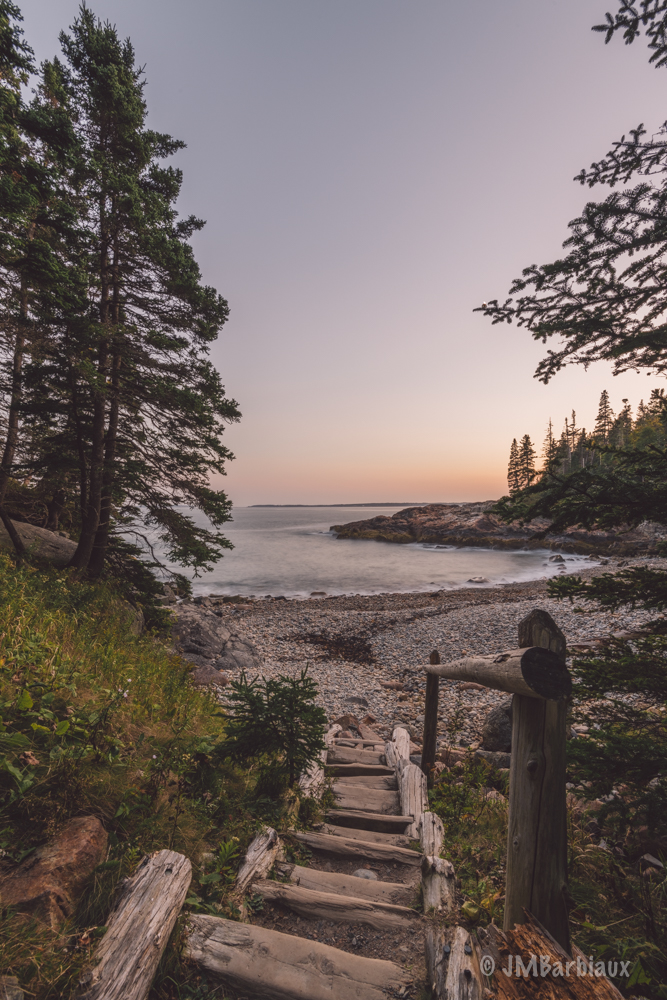
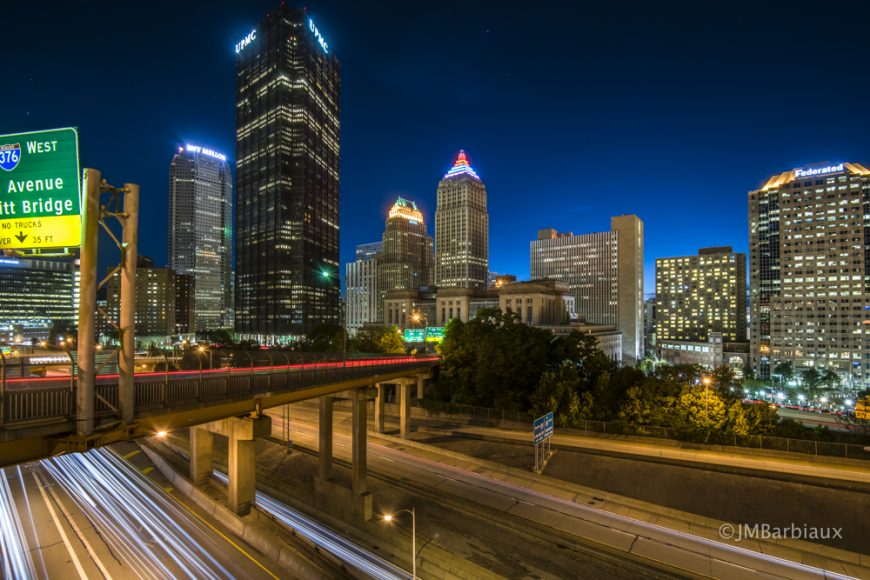
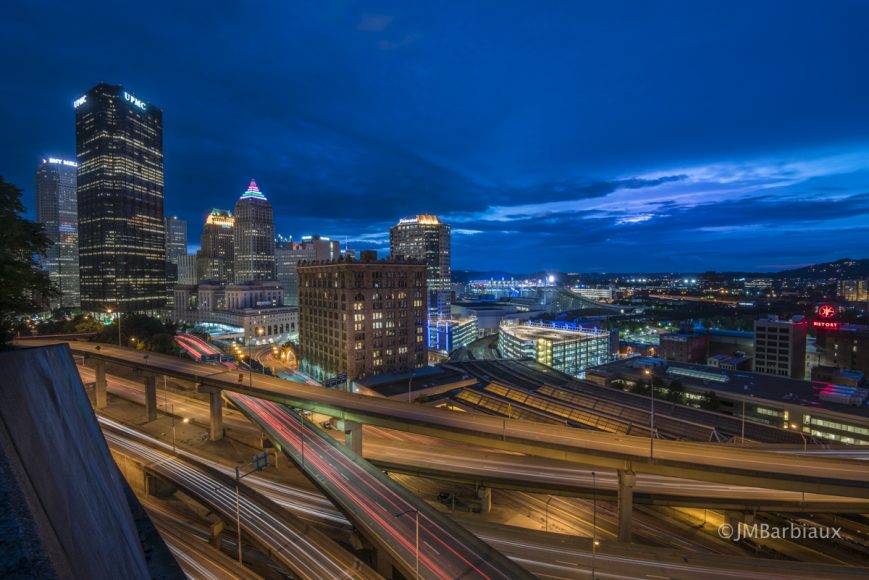
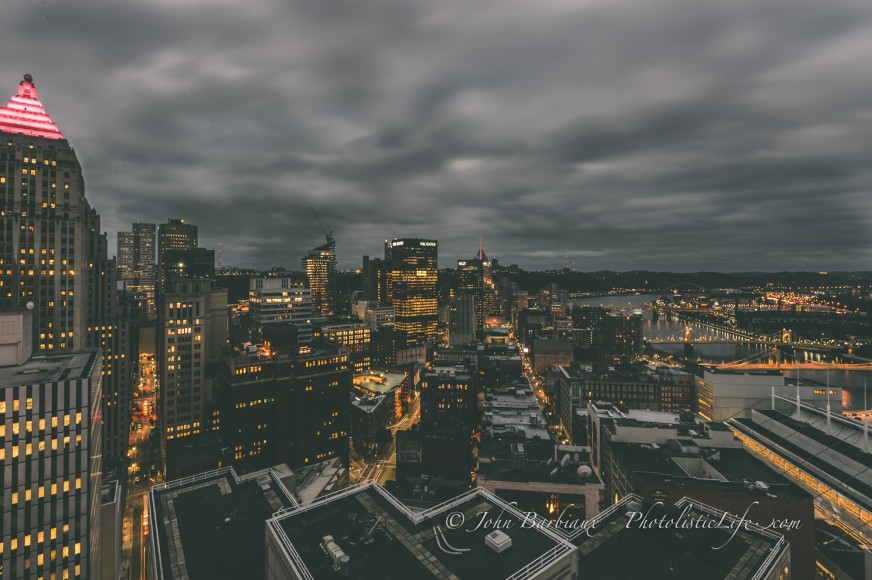
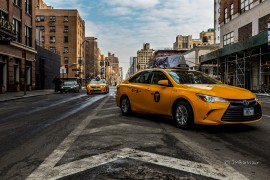
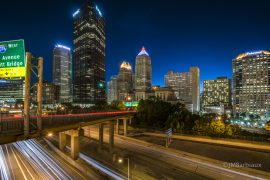
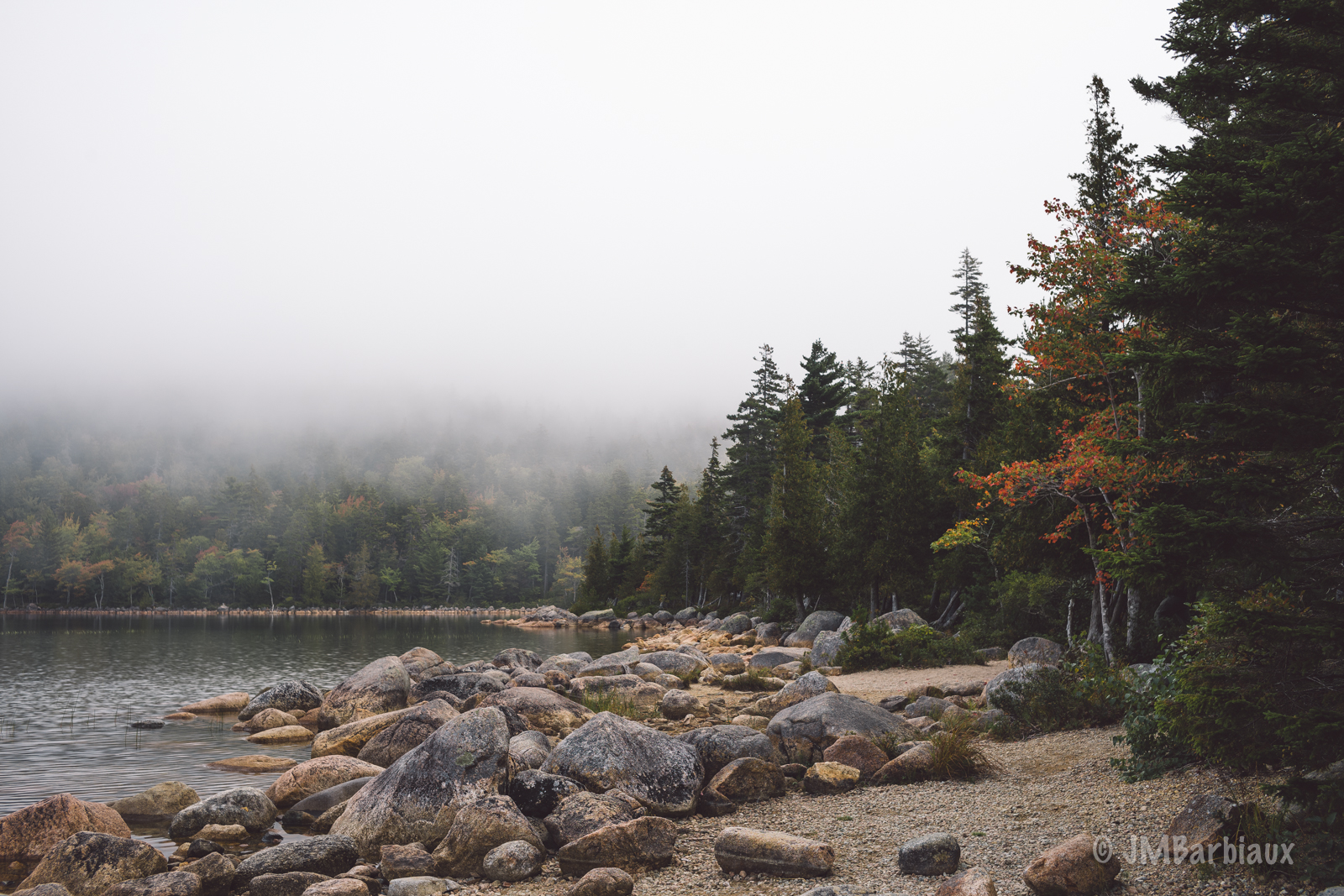
Good glass is certainly the best investment you can make in your photography equipment. There is also a lot to be said for your camera as well. I started my DSLR with a Canon Rebel 450D, moved on several years later to a 60D, and some years after that to a 6D. Each camera served its purpose and each decision to move on was predicated by a lot of thought and reading a lot of reviews. My 6D can do a lot more with my 70-200 f/4 than my Rebel could. I have the luxury of being an amateur and not depending on photography as a living. My purchases are dictated by what I can afford and not by any business needs. This enables me to enjoy my work and gives me more latitude in my purchases
Keep shooting and have fun.
Great insight! Happy shooting to you.
I’m pretty sure that Olympus lenses are not so crappy anymore.